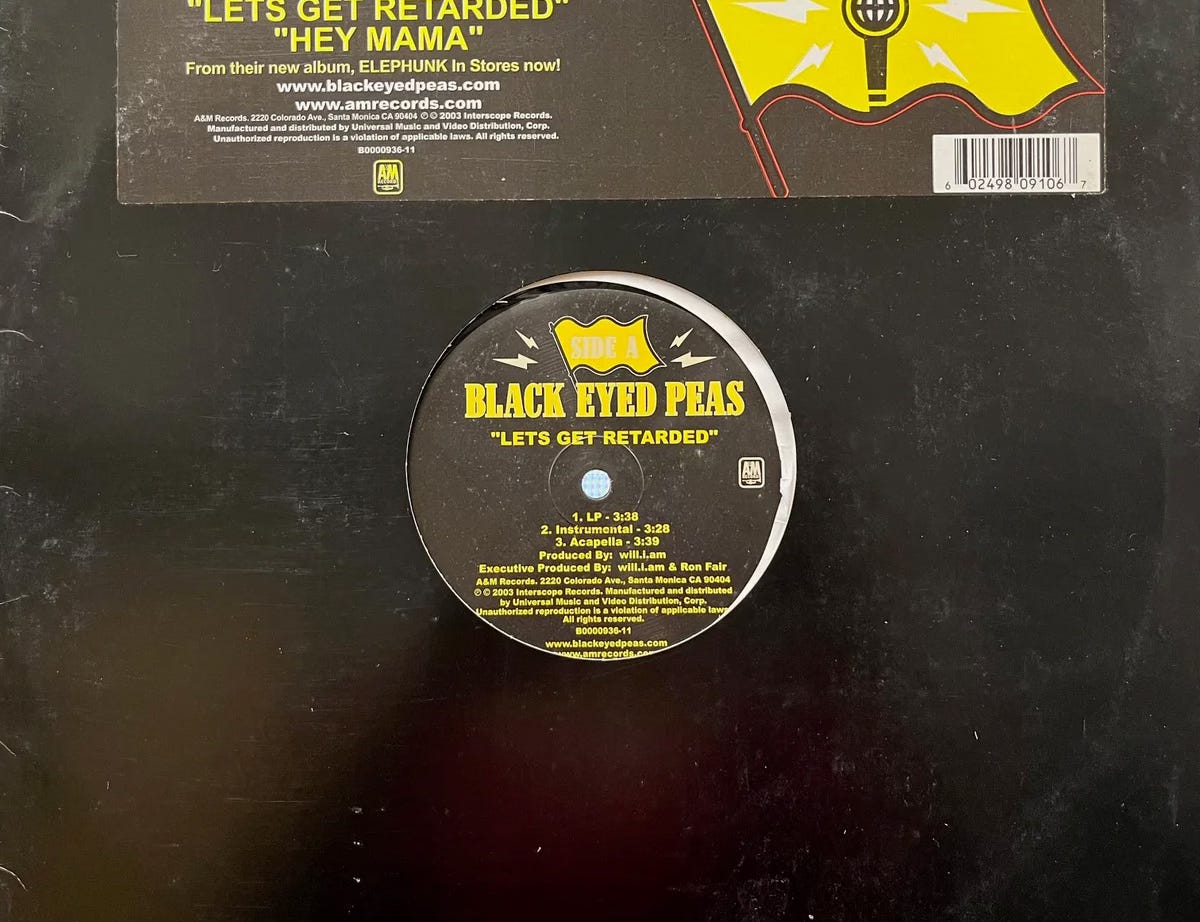The word retard has a long and complex history.
Originally a neutral term, it has undergone significant changes in meaning and social acceptance.
This transformation reflects broader societal shifts in attitudes toward language, mental health, and disability.
Today, it’s considered to be one of the most offensive slurs in the English language, but it wasn’t always that way...
The word retard originates from the Latin retardare, meaning "to slow down" or "to delay".
This root meaning persisted as the term entered English in the 15th century, where it was used in various contexts to describe anything that hindered or slowed a process. For example, early scientific texts might describe a substance that "retards combustion".
In the 20th century, the term gained prominence in medical and psychological settings.
Phrases like “mental retardation” were introduced as clinical terms to describe intellectual disabilities.
At the time, this terminology was considered progressive, replacing older, more stigmatizing words like "idiot" and "moron."
However, language is not static.
By the mid-20th century, retard began to shift from a medical term to a schoolyard insult.
Its use as slang stripped it of any neutrality, turning it into a derogatory label.
By the late 20th century, advocacy groups and medical professionals began to push for a change.
The term “mental retardation” was phased out in favor of “intellectual disability” in both clinical and social settings.
This shift culminated in 2010 when US President Barack Obama signed Rosa’s Law, which replaced "mental retardation" with "intellectual disability" in U.S. federal law.
Despite this progress, the word lingered in informal settings.
For many, it became a go-to insult, weaponized to demean someone perceived as foolish or incompetent.
Its use in comedy, particularly in the 1990s and early 2000s, reinforced this negative connotation.
Advocates worked tirelessly to combat this trend, emphasizing the harm the word caused to individuals with disabilities and their families.
Campaigns like “Spread the Word to End the Word” sought to educate the public about its offensive nature, pushing for its complete eradication from everyday language.
In recent years, however, retard has seen a troubling resurgence, particularly in online subcultures.
On platforms like Reddit, 4chan, and even X (formerly Twitter), the word has reappeared as part of an ironic or “edgy” vocabulary used to provoke outrage or signal allegiance to countercultural movements.
This resurgence often ties into a broader rejection of “political correctness”.
Some individuals argue that policing language is a form of censorship, framing the use of words like retard as an act of rebellion.
However, this justification often ignores the real harm such language perpetuates, especially for those in marginalized communities.
The term’s reappearance in memes, gaming culture, and even some stand-up comedy highlights the tension between free speech and respect for human dignity. While some claim they’re using it without malice, the impact on listeners often tells a much different story.
The story of the word retard is a reminder of how language evolves and the power it holds.
Words that once seemed neutral can take on new meanings and carry unintended consequences.
While its resurgence in certain spaces may be a reaction to societal norms, it’s important to remember the responsibility we all have in shaping and nurturing our shared vocabulary.
Language is one of the most powerful tools we have.
It not only helps us communicate ideas but also frames how we perceive and interact with the world around us.
Words carry history, emotions, and connotations that can either uplift or harm individuals and communities.
Over time, some words gain meanings they were never intended to have, taking on baggage that reflects societal prejudice, ignorance, or a lack of empathy.
When we choose our words, we’re making a choice about the kind of world we want to live in.
Do we want a world where language is used to belittle and exclude, or one where it’s a force for respect, understanding, and inclusivity?
Conversations about words like retard challenge us to think critically about the impact of our speech and the unconscious biases it might reveal.
Rejecting harmful language isn’t just about “political correctness”, it’s about creating an environment where everyone feels valued and respected.
It’s about ensuring that our words reflect a commitment to empathy and progress.
By rethinking our vocabulary, we’re contributing to a broader cultural shift toward equity and dignity for all.
Ultimately, this isn’t just about semantics, it’s about the kind of legacy we’re leaving behind.
Are we perpetuating harm, or are we striving to build a world that reflects compassion and understanding?
Thanks for reading.
wesley





I am a special education teacher, Thank you for this article and shedding light on this term.